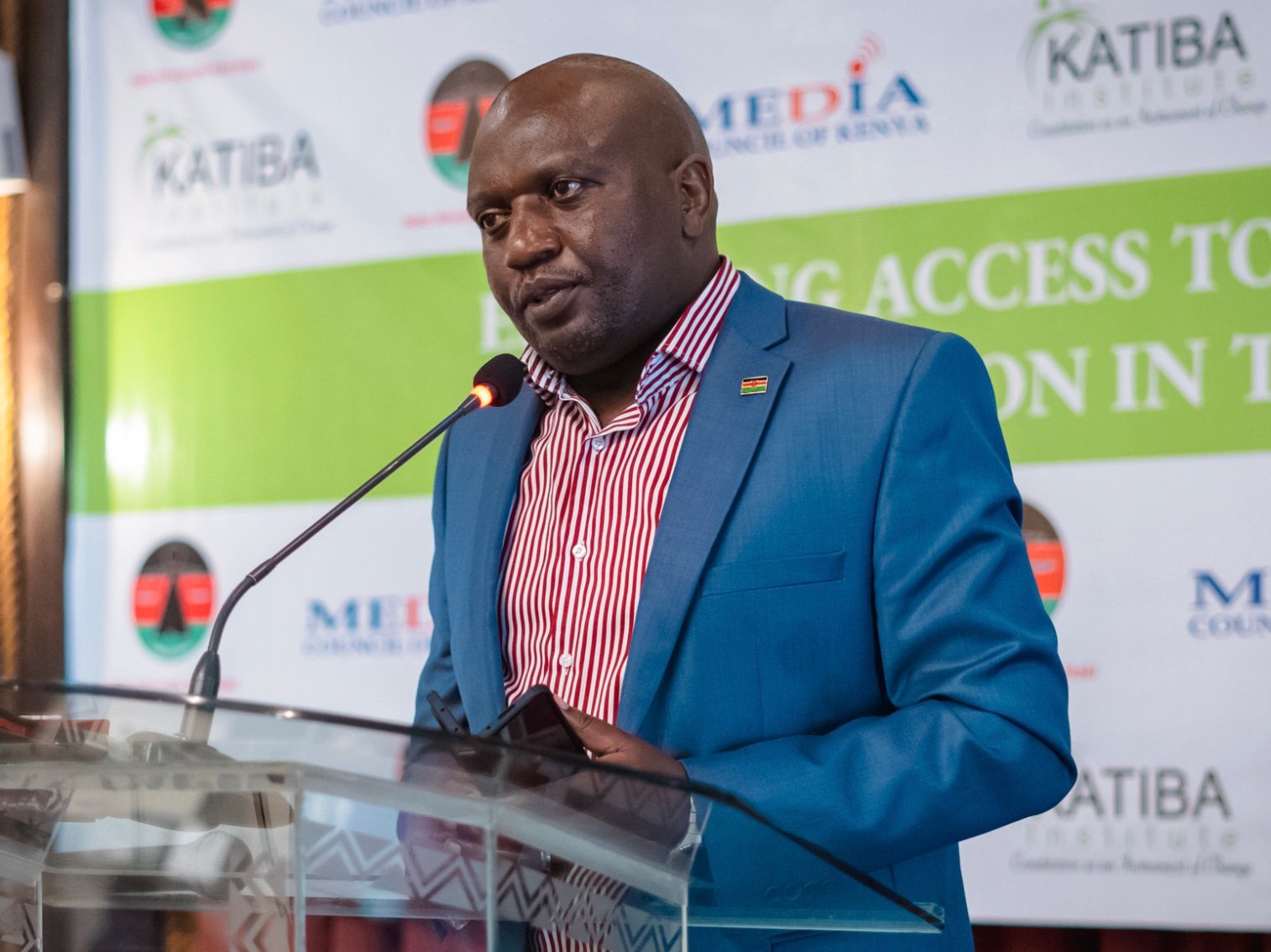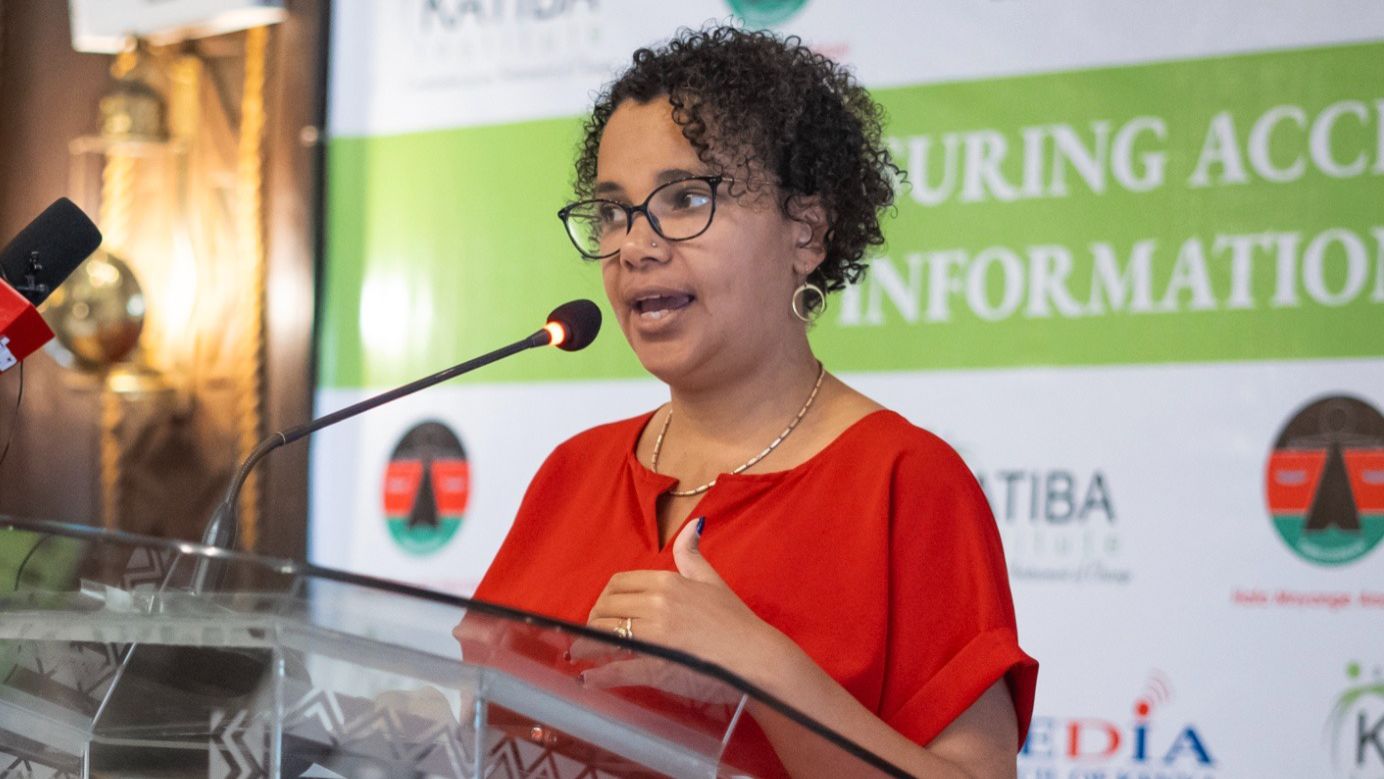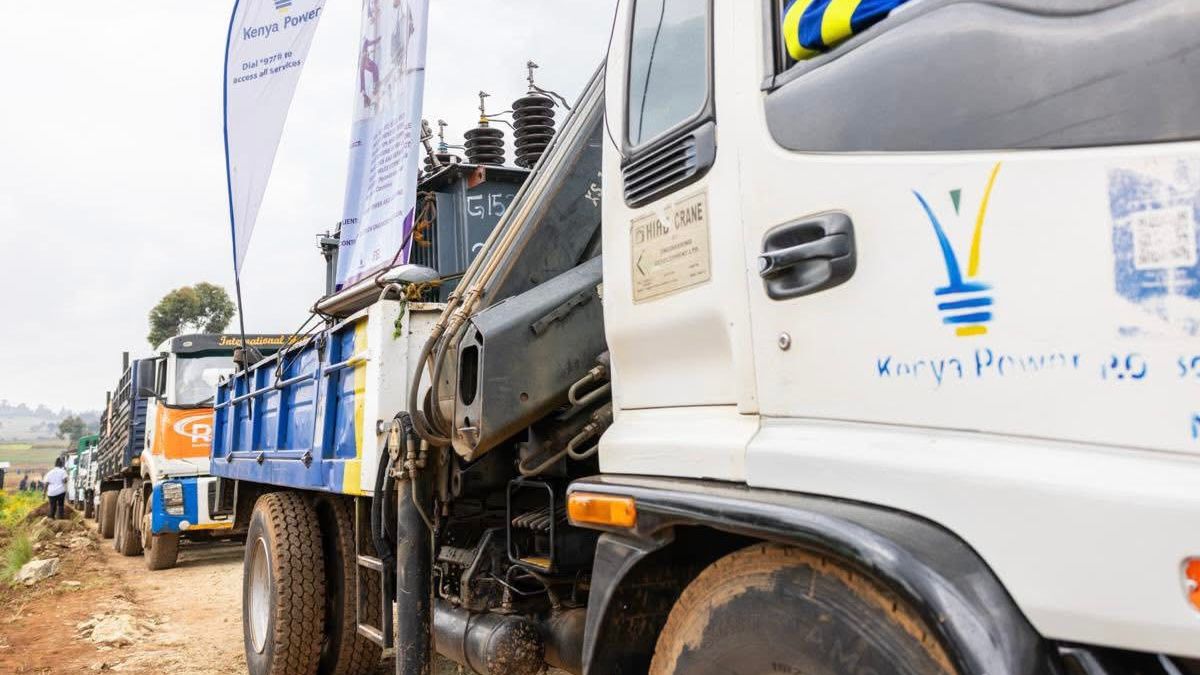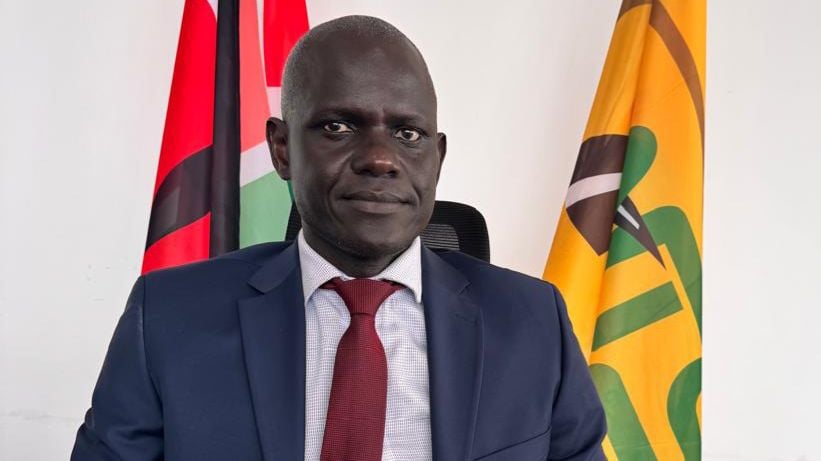Katiba Institute (KI) on Monday, September 29, commemorated the 2025 International Day for Universal Access to Information (IDUAI) at Safari Park Hotel in Nairobi County.
The event was organised by Katiba Institute in collaboration with the Commission on Administrative Justice and the Media Council of Kenya (MCK).
The half-day multi-stakeholder meeting focused on this year’s theme, 'Ensuring Access to Environmental Information in the Digital Age.'
Katiba Institute Executive Director Nora Mbagathi highlighted the importance of environmental transparency, particularly in the context of climate change and natural resource management.
"This year's theme, 'Ensuring Access to Environmental Information in the Digital Age,' is timely, as environmental challenges like climate change and resource management demand transparency and inclusive decision-making in environmental governance.
Read More
"Access to environmental information empowers citizens to safeguard their rights, promotes accountability, and ensures that development is both sustainable and just," she said.
The Katiba Executive Director noted, however, that despite the constitutional requirement for proactive disclosure, many government and state agencies remain protective of the information they
"At Katiba Institute, we believe that full implementation of the Constitution and establishing a culture of constitutionalism lead to greater respect for the rule of law, and ultimately to a more just and equitable society. The right to access information is a cornerstone of this vision, as it affects the constitutional principles of transparency, accountability, and freedom of expression. Experience has shown that transparency in government activities reduces incidences of illegalities and corruption, while empowering citizens to hold their leaders to account.
"Yet, despite the constitutional requirement for proactive disclosure, many government and state agencies remain protective of the information they hold. This makes the full realisation of the right to information urgent and necessary," Mbagathi stated.
In addition, Mbagathi pointed to Katiba Institute’s contributions in advancing the right to information, including participation in drafting the Access to Information Act, 2016, publishing a citizen-friendly handbook on the law, conducting regional workshops, and directly engaging with state institutions.
"I also wish to commend the public entities that have embraced this right-those that proactively disclose information and, when requested, respond within the timelines set out in the law. These positive examples demonstrate that compliance is possible and go a long way in building public trust in institutions," she further said.

On the other hand, the Media Council of Kenya (MCK) CEO, David Omwoyo, called on the media to play a more proactive role and focus on substantive information rather than personalities.
"Access to environmental information in the digital age is crucial for Kenyans. The primary challenge is that media coverage often focuses on personalities rather than substantive information. The press must prioritise disseminating relevant environmental data to empower the Kenyan public," Mr. Omwoyo noted.
At the same time, Ms. Dorothy Jemator, from the office of the Ombudsman, said, "Access to timely, accurate, and usable environmental information is a human-rights and governance priority: it empowers citizens to protect their health and livelihoods, strengthens accountability, and enables informed public participation in decisions that shape environmental sustainability."
Those in attendance included Mercy Wambua, Commission Secretary and Chief Executive Officer of the Commission on Administrative Justice; Catherine Moe, Ambassador of Norway to Kenya; Dorothy Jemator Kimengech, Vice Chairperson and Commissioner in charge of Access to Information at the Commission on Administrative Justice; Stephen Motari Isaboke, Principal Secretary, State Department for Broadcasting and Telecommunications; and the Chief Guest, Eng. John Tanui, Principal Secretary, State Department for Information, Communications, and the Digital Economy.



-1771426103.jpg)



